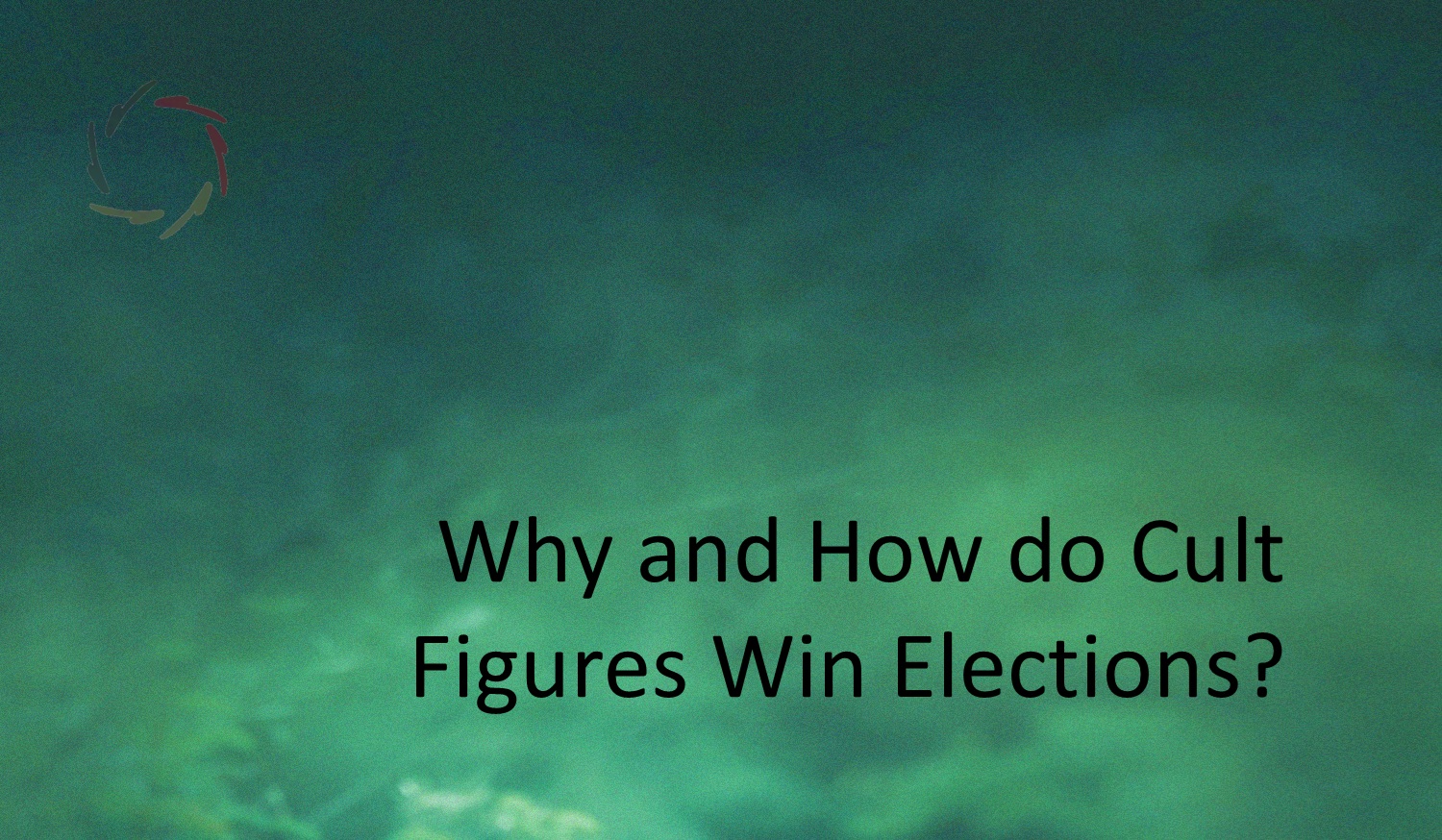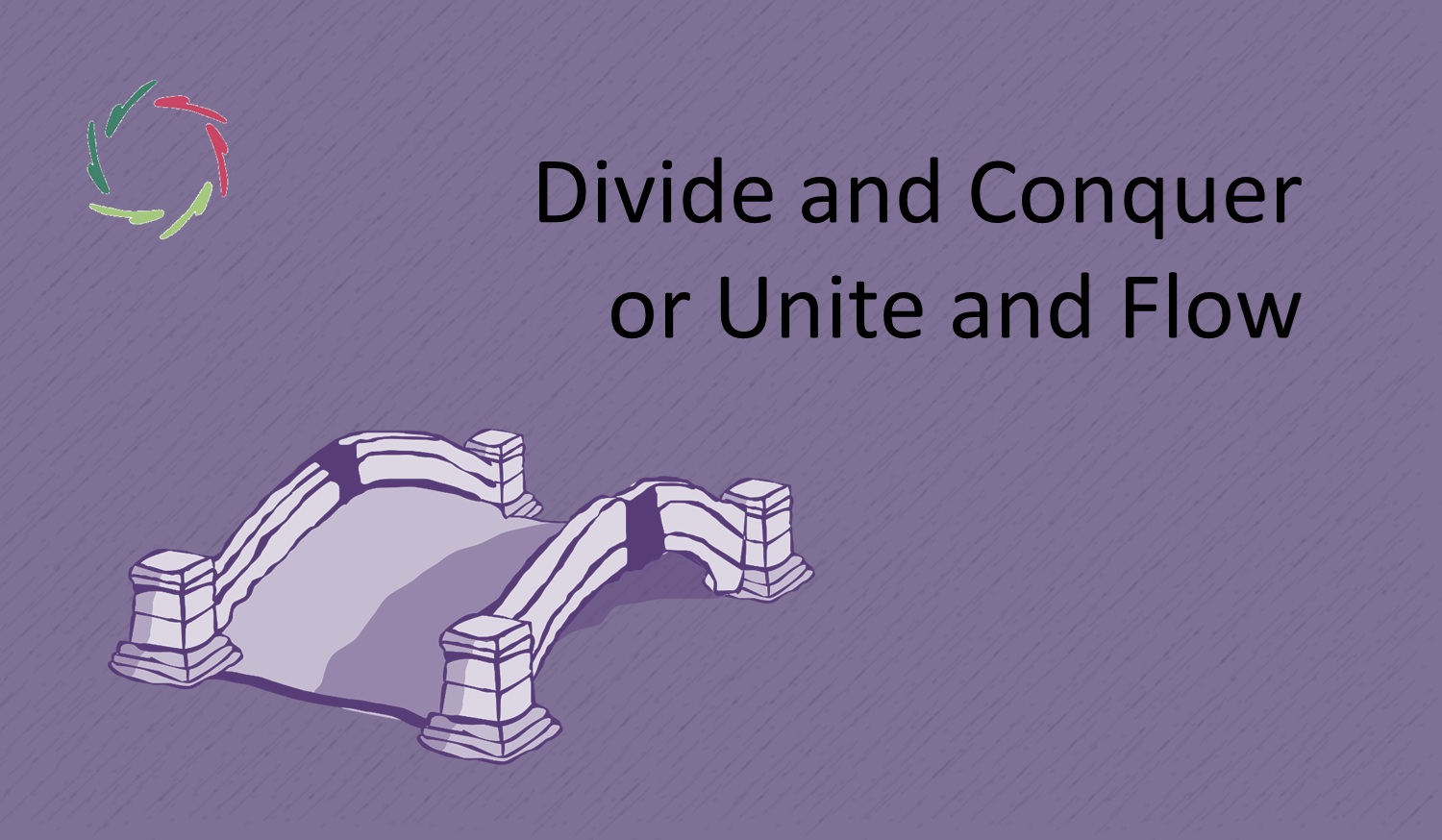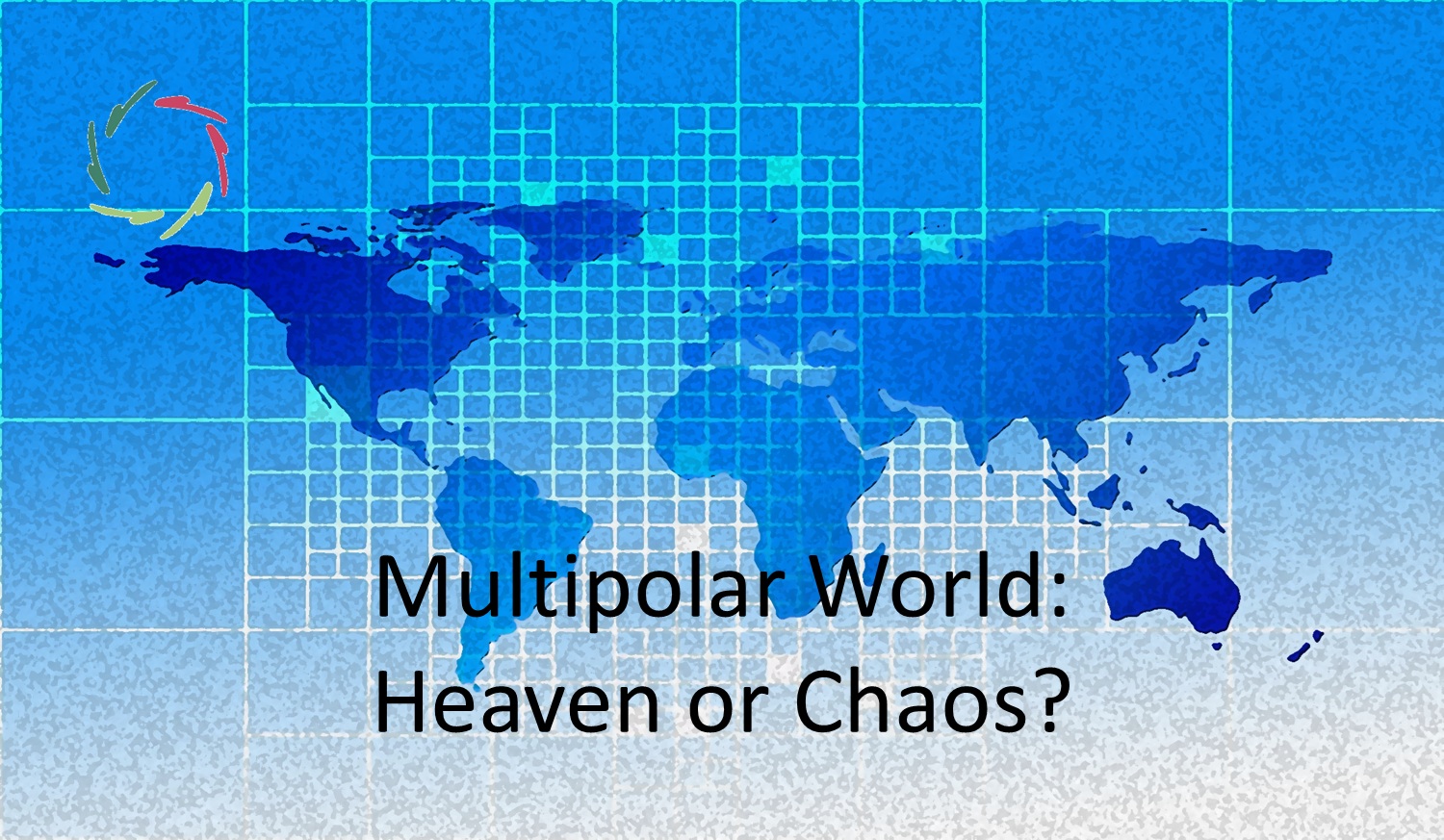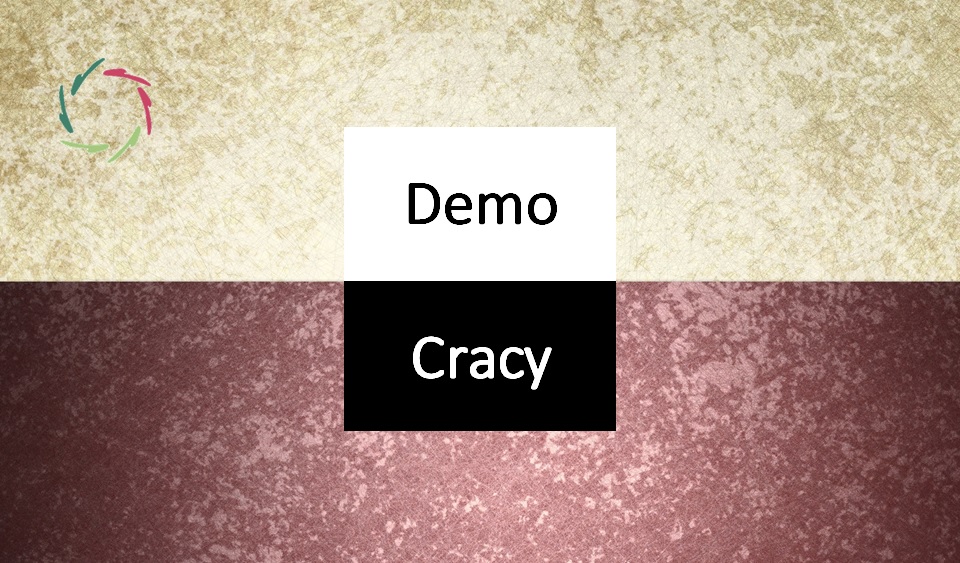Why and How do Cult Figures Win Elections?

Democracy presents a paradox. We celebrate free choice, yet the motivations driving that choice often run deeper than we realize, operating beneath the surface of rational thought. Cult figures can sway democratic elections by manipulating these deeper drives.
This blog also offers steps toward a more resilient, self-aware democratic society that is more immune to cult figures.
The deeper nature of motivation
Most of us think of motivation as simple: we want what we want. Yet, much of what we ‘want’ operates at a subconscious level, influenced by desires and fears we barely notice. This subconceptual layer shapes our actions, often without our conscious awareness.
In a democratic context, this means that voters may not fully understand why they’re drawn to certain leaders or ideas. A candidate who taps into this hidden layer of motivation can hold a kind of sway that defies rational analysis.
The attraction of cult figures
Cult figures masterfully appeal to these subconscious motivations, especially when people feel insecure or lack a sense of purpose. When life seems overwhelming, a charismatic figure who promises simple answers or a strong sense of belonging can be incredibly alluring.
Cult figures don’t need deep insights into human psychology; they instinctively grasp how to trigger reactions in others. By subtly mirroring the fears and desires of their followers, they create a powerful, almost hypnotic pull. This process takes place below the surface, often appearing rational only on a superficial level.
Vilifying the other side is not part of the solution.
Calling ‘them’ the bad guys, the hating side, or the ignorant ones shows a lack of understanding about how human motivations operate on a deeper, often subconscious, level. Unfortunately, this approach is all too common on both sides of the political divide, further entrenching people in polarizing beliefs rather than helping them see the bigger picture. This tendency should prompt us to think more deeply.
To build a genuinely resilient democracy, we need to look beyond surface-level judgments. People aren’t simply rational actors; they’re influenced by hidden motivations, needs, and fears that can be stirred by figures who appeal to their subconscious. Recognizing this opens the door to what we might call a ‘Deep Democracy.’
Toward a ‘Deep Democracy’
A truly resilient democracy would recognize and engage with these deeper, subconscious forces. This concept of “Deep Democracy” suggests that we need to address not just the rational side of voters but also the deeper emotional layers that influence choices.
Tools that help citizens reflect on their motivations could be vital. Imagine an A.I. “Democratic Mirror” that helps individuals see their own biases. Or imagine empathy-based civic exercises that encourage understanding across political divides. Such tools would equip voters with self-awareness, reducing their susceptibility to impulsive decisions and manipulation.
A core need that cult figures exploit is the desire for meaningfulness.
When people lack a sense of purpose, they become more vulnerable to anyone who offers easy answers or a sense of belonging. In a healthy democracy, meaningfulness should be seen as a civic right — something society actively nurtures through accessible resources for inner growth, counseling, and personal development.
Citizens who feel fulfilled and connected are less likely to seek validation from external figures, creating a community that’s harder for cult figures to sway.
Interestingly, cult figures often reflect society’s suppressed desires and fears.
In this way, they act as mirrors for the ‘shadow’ of the collective psyche, embodying qualities that society might prefer to ignore. Understanding this shadow side – such as our hidden longings for control, certainty, or recognition – allows us to address the root issues that give rise to these figures.
When a society confronts its own insecurities and unmet needs, it becomes less vulnerable to charismatic leaders who exploit these feelings.
Practical steps toward a more resilient democracy
- A democracy is only as strong as its citizens. Integrating resilience training into civic education can help individuals build emotional strength, self-awareness, and critical thinking skills. A population equipped with these tools will be less vulnerable to manipulation.
- A public resource explaining common cognitive biases and manipulation tactics would empower citizens. If people can recognize these influences in real-time, they’re better prepared to make thoughtful decisions, even in high-stakes elections.
- Resources for personal development, counseling, and meaning-making can help people find purpose without turning to external, often superficial sources. When people have inner stability, they’re less likely to be swayed by figures who promise easy paths to fulfillment.
Lisa, as a tool for personal growth, can play a unique role in this journey.
By helping individuals explore their subconscious motivations, cultivate inner strength, and understand their own biases, Lisa empowers individuals to approach political choices with clarity and self-awareness.
Lisa’s emphasis on empathy and meaningfulness also supports a more Compassionate and resilient society, one less susceptible to divisive or manipulative leaders.
Ultimately, democracy’s resilience depends on its citizens.
When people are empowered to understand their deeper motivations, they’re less likely to be drawn to superficial solutions or charismatic promises. A democracy that honors both the conceptually rational and the subconceptually motivational can stand strong against manipulation, offering a space where freedom, depth, and genuine self-awareness flourish.
In the end, democracy thrives not just on votes, but on the quality of awareness that each citizen brings to those choices.


